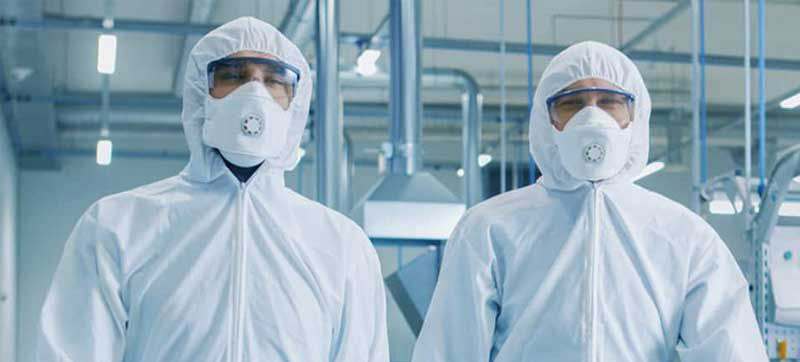The integration of Industry 4.0 technologies is revolutionizing the manufacturing landscape, including the field of feeding technologies.
At Orbetron, we are at the forefront of this transformation, leveraging cutting-edge advancements to enhance our feeding systems and drive efficiency, precision, and sustainability. Here’s a look at how Industry 4.0 is shaping the future of feeding technologies and how Orbetron is leading this exciting journey.
Understanding Industry 4.0
Industry 4.0, also known as the Fourth Industrial Revolution, refers to the integration of digital technologies into manufacturing processes. This includes the Internet of Things (IoT), artificial intelligence (AI), big data analytics, and robotics, all working together to create smart factories1. These technologies enable real-time data collection, predictive maintenance, and enhanced automation, leading to more efficient and flexible manufacturing operations.
Key Industry 4.0 Technologies in Feeding Systems
- Internet of Things (IoT) IoT devices are transforming feeding systems by enabling continuous monitoring and data collection. Orbetron’s feeding systems are equipped with IoT-enabled sensors that track operational parameters in real-time. This data helps optimize feeding rates, detect anomalies, and ensure consistent quality.
- Artificial Intelligence (AI) and Machine Learning AI and machine learning algorithms analyze the data collected by IoT devices to predict maintenance needs and optimize feeding processes. Orbetron’s systems use these technologies to anticipate potential issues before they lead to downtime, ensuring uninterrupted production.
- Big Data Analytics The vast amounts of data generated by IoT devices are analyzed using big data analytics to gain insights into production processes. This helps in making informed decisions, improving efficiency, and reducing waste. Orbetron leverages big data to enhance the precision and reliability of our feeding systems.
- Robotics and Automation Automation and robotics play a crucial role in modern feeding technologies. Orbetron’s automated feeding systems reduce human error, increase production speed, and ensure precise material handling. This leads to higher efficiency and lower operational costs.
- Digital Twins Digital twins are virtual replicas of physical systems that allow for the simulation and optimization of feeding processes. By creating digital twins of our feeding systems, Orbetron can test and refine processes in a virtual environment before implementing them in the real world.
Orbetron’s Role in the Industry 4.0 Revolution
At Orbetron, we are committed to integrating Industry 4.0 technologies into our feeding systems to drive innovation and efficiency. Here’s how we are leading the way:
- Advanced Data Integration Our feeding systems are designed to seamlessly integrate with IoT devices, enabling real-time data collection and analysis. This integration allows for continuous monitoring and optimization of feeding processes, ensuring high precision and reliability.
- Predictive Maintenance By utilizing AI and machine learning, Orbetron’s systems can predict maintenance needs and prevent potential issues before they occur. This proactive approach reduces downtime and maintenance costs, ensuring smooth and efficient operations.
- Customization and Flexibility Orbetron’s feeding systems are highly customizable, allowing us to tailor solutions to meet the specific needs of our clients. This flexibility ensures that our systems can adapt to various production environments and requirements.
- Sustainability Initiatives We are committed to developing feeding technologies that support sustainable manufacturing practices. Our systems are designed to minimize waste and optimize energy consumption, contributing to greener production processes.
The Future of Feeding Technologies
Looking ahead, the integration of Industry 4.0 technologies will continue to drive innovation in feeding systems. Here are some trends to watch:
- Enhanced Connectivity: Greater integration of IoT devices will enable more seamless communication between different stages of the production process, leading to more cohesive and efficient operations.
- AI and Machine Learning: These technologies will play a crucial role in further optimizing feeding processes, from real-time adjustments to long-term strategic planning.
- Sustainable Practices: As environmental regulations become stricter, the demand for sustainable manufacturing solutions will grow. Orbetron is well-positioned to meet these demands with our eco-friendly feeding systems4.
Conclusion
As we embrace the future of smart manufacturing, Orbetron remains dedicated to pioneering advancements in feeding technologies. By integrating IoT, AI, and sustainable practices into our systems, we are not only enhancing operational efficiency but also contributing to a more sustainable and innovative manufacturing landscape. Stay tuned as we continue to lead the way in transforming feeding technologies for the better.

